The safety performance records of commercial drivers are tracked in numerous ways. Both the Canadian and American governments have databases in which safety-related information is stored for drivers, and carriers in each country are required to also record certain information for their drivers.
If you are a professional driver it is in your best interests to know what information is in these records. In the driving occupation, these records form an important part of your resume and when you apply for driving work you will be required to disclose safety-related information about your driving history.
In this article, I will describe several sources of information employers can use to learn about your driving history:
- Your provincial driver’s abstract
- Your PSP report
- Your FMCSA Clearinghouse account
- Your driving files from previous employers
While most workers only have to worry about how they portray themselves on their resumes, professional drivers are also judged by potential employers on the information from these sources. Whether you are currently looking for work or are happily employed, it is in your best interests to regularly – perhaps once a year at least – check these records yourself so you know what information is present and so you can challenge possible errors.
Provincial Driver’s Abstract
All drivers in Canada can obtain their driving abstract from their province of primary residence. A driver can typically elect to obtain either a regular driver’s abstract or a commercial abstract. The information present on each varies, with the commercial abstract containing information about convictions under commercial vehicle regulations and the results of CVSA (Commercial Vehicle Safety Alliance) inspections.
You can often request how far back you want your abstract to go. If you are pulling an abstract as part of your job search or just for your knowledge, I recommend pulling at least a 5-year commercial abstract.
In Alberta, for example, motor carriers are required to keep a record of each “driver’s convictions of safety laws in the current year and in each of the 4 preceding years” (Commercial Vehicle Certificate and Insurance Regulation AR 314/2002). As a result of this regulation, most carriers in Alberta ask for 5-year abstracts for new hires so that they have a record of convictions going back the appropriate amount of time.
By knowing what is on your abstract and challenging incorrect information with the right government department you ensure that you have a clear understanding of your driving record. And if you have convictions or inspection violations, make sure you remember what happened so you can describe the circumstances accurately to an employer during an interview.
PSP Report
Unlike Canada, the USA’s commercial interstate trucking industry falls under the authority of the federal government through the Federal Motor Carrier Safety Administration (FMCSA). The Pre-Employment Screening Program (PSP) is a voluntary driver safety record program offered by the FMCSA where drivers and carriers can request information about a driver’s safety history from the federal government instead of from an individual state.
PSP reports are a voluntary part of a carrier’s hiring process. If a carrier wants to take part they must obtain written consent from a prospective new hire before pulling the PSP report. As a driver, you can request your PSP report anytime from the FMCSA PSP report website for a small fee.
A PSP report contains your past 5 years of collision information and your past 3 years of CVSA inspection information; it does not show tickets (convictions) and other information you may see on a driver’s provincial abstract. However, it is a valuable tool for a carrier to learn about prospective new hires’ USA driving records so you should pull your PSP report occasionally to verify the information it contains.
FMCSA Clearinghouse
As of January 2020, the FMCSA has been using its Drug and Alcohol Clearinghouse to track commercial driver drug and alcohol testing violations. This is a mandatory computer database employers are required to use to check for previous violations for drivers that fall under the USA’s Department of Transportation (DOT) drug and alcohol regulations.
If you drive commercially into the USA, your employer is required to place you into their DOT drug and alcohol testing program and check your account for past violations. Even if you are Canadian and drive for a Canadian company, if you drive into the USA in a commercial vehicle you fall under the requirements of DOT drug and alcohol-related regulations.
Employers must obtain your permission to search your name in the Clearinghouse. To do this as part of the hiring process, you must create an online account in the Clearinghouse and provide your permission through this account.
I recommend that you create this account even if you are not currently driving into the USA or even if you are happily employed and your employer has not asked you to. It is in your best interests to understand how the system works and to make sure your account does not contain any incorrect information. If you are planning on working for a company that runs into the USA, creating your account ahead of time will also help – and likely impress – them during your hiring process.
Previous Employers’ Files
Trucking companies should be checking the history of their new hires. While reference checks are regulated under provincial and federal laws relating to privacy, trucking reference checks conducted in accordance with the appropriate legislation are permissible and should focus on safe driving performance.
If you are looking for a job in the trucking industry, you should be aware that your safety performance at your previous employers may be examined as part of the hiring process. This means that you should be aware of what stories may be told by previous employers.
I recommend that, while you are working, you keep your own records of both the positive and negative highlights of your career at each place of employment. For example, if you receive a safety award, make sure you keep track of this accomplishment so you can use it as evidence of your professionalism for future jobs.
If you have been disciplined at a current or former employer, you should also keep a record of the incident for yourself. This is not so that you can dispute the disciplinary action, but rather so that you can refresh your memory of the incident(s) when applying for new work in case your prospective employer learns about the incident while checking with your references.
Summary
Whether you are applying in-person or remotely, I recommend that you apply with the necessary documents instead of waiting to be asked. I suggest that you apply with a recent 5-year provincial abstract, a recent PSP report, your Clearinghouse account already set up (if applicable), and knowledge about what may be discovered from your previous employers (you will not have the actual files).
You should always approach a new job like a professional. Unfortunately, many people put minimal effort into their job hunts and applications. The good news here, though, is that you can set yourself far ahead of the competition by applying like a true professional.





Comments are closed